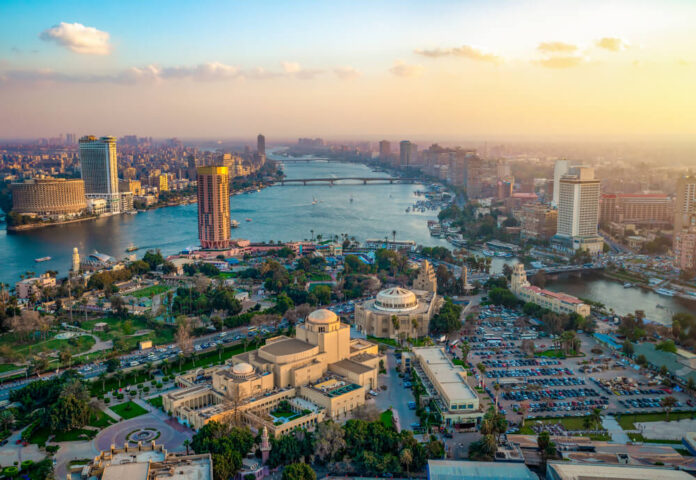Egypt’s annual urban consumer inflation accelerated to 21.3% year-on-year in December, the fastest in almost five years, as the North African country struggle with price hikes after several rounds of currency devaluation and restrictions on imports.
The latest data from state-run statistics agency CAPMAS said Tuesday that prices in Egypt increased an annual 21.3% in December from 18.7% in November, the highest since December 2017.
CAPMAS said that food prices increased by 4% on average in December, with fruits and dairy products leading the list with 7.6% and 6.4% spikes, respectively. The Arab World’s populous nation allowed the pound to weaken twice last year, driving up the cost of imports that have already come under pressure from trade restrictions and the fallout from the war in Ukraine.
Most of Egypt’s more than 104 million population has suffered from price hikes since the government embarked on an ambitious reform program in 2016 to overhaul the country’s battered economy, said an AP report.
Meanwhile, Egyptian authorities instructed ministries to cut non-essential spending until the end of the fiscal year in June as the government grapples with continuing pressure on its currency and rising inflation.
The measures include stopping spending on new projects that need US dollars and the requirement that state entities get approval from the Finance Ministry and central bank before allocating foreign currency.
The soaring prices are expected to put pressure on the central bank’s Monetary Policy Committee to raise interest rates when it meets on 2 February. Egypt plans to bring down inflation to about 7% by the fourth quarter of 2024.




